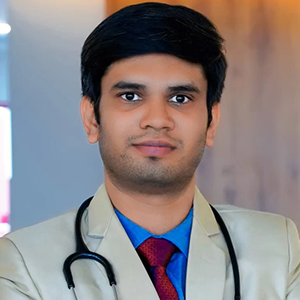Address: 57/a, Phase 1, Shapur Nagar, Chinthal, Jeedimetla, Office Open: 9.00 am - 8.00 pm Email: info@ramrajhospitals.com

General Surgery & Laparoscopy Surgery
Comprehensive Surgical Services in Hyderabad
At RamRaj Hospitals, we offer a full spectrum of surgical solutions tailored to meet your healthcare needs. Our general surgery and laparoscopic services are designed to deliver advanced, minimally invasive treatments in a compassionate and state-of-the-art environment. Whether you’re looking for routine surgical procedures or complex laparoscopic interventions, our team is committed to delivering excellence.
Why Choose Our Laparoscopic Surgery Services in Jeedimetla, Shapurnagar

Our surgical team leverages the latest technology in minimally invasive techniques to ensure faster recovery times and reduced discomfort. With a strong focus on safety, precision, and patient care, we have built a reputation as a trusted provider of laparoscopy in the region. We proudly serve patients not only in Jeedimetla and Shapurnagar but also in nearby areas of Hyderabad, ensuring local access to world-class care.
Meet Our Specialist
Dr. P Krishna Chaitanya

Dr. P Krishna Chaitanya is a leading specialist in general surgery and laparoscopy at RamRaj Hospitals. With extensive experience and a proven track record in performing advanced laparoscopic procedures, Dr. Chaitanya brings expert care and innovative techniques to every patient. His commitment to excellence has made him a sought-after laparoscopic surgeon in Hyderabad.
Learn more about Dr. P Krishna Chaitanya on our Expert Team page.
- With 13 years of experience, Dr. Chaitanya has successfully performed numerous minimally invasive surgeries, ensuring optimal outcomes for patients.
- He takes a personalized approach to care, carefully planning each procedure to meet individual patient needs.
- Patients in Hyderabad, Jeedimetla, and Shapurnagar trust his expertise when searching for a ‘Laparoscopic Surgeon nearby’.
Frequently Asked Questions (FAQs)
About Laparoscopic Surgery
Below are some common questions our patients ask about laparoscopic surgery:
Laparoscopic surgery is a minimally invasive technique that uses small incisions and specialized instruments, resulting in less pain and quicker recovery.
Our experienced team will evaluate your condition during a consultation to determine the best treatment approach.
Choosing an expert like Dr. Chaitanya ensures advanced care, reduced risk of complications, and a faster return to normal activities.
We use a combination of non-invasive imaging, medical management, and, when necessary, minimally invasive procedures to treat renal stones and relieve flank pain.
Patient Testimonials & Success Stories
Our testimonials reflect our dedication to excellence, compassionate care, and high-quality service.
-
Execllent!!
My daughter Rakshitha was admitted under Dr. Krishna Chaitanya, who thoroughly explained her condition before performing pancreatic tail tumor surgery. We are incredibly grateful for the excellent care provided by the entire hospital staff. Special thanks to Dr. Krishna Chaitanya Sir and Dr. Shankar Reddy Sir for their expertise, as well as to Dr. Dhanunjay Sir and Dr. Mohsin Sir for their support. Now that my daughter has recovered, we are truly happy and confident in saying that Ramraj Hospital offers the best critical care. Thank you so much to the entire team!
Rakshitha
Schedule an Appointment
Ready to experience advanced surgical care? Contact us today to schedule a consultation with our expert laparoscopic surgeons. At RamRaj Hospitals, we make it easy to book appointments and get the care you deserve.
